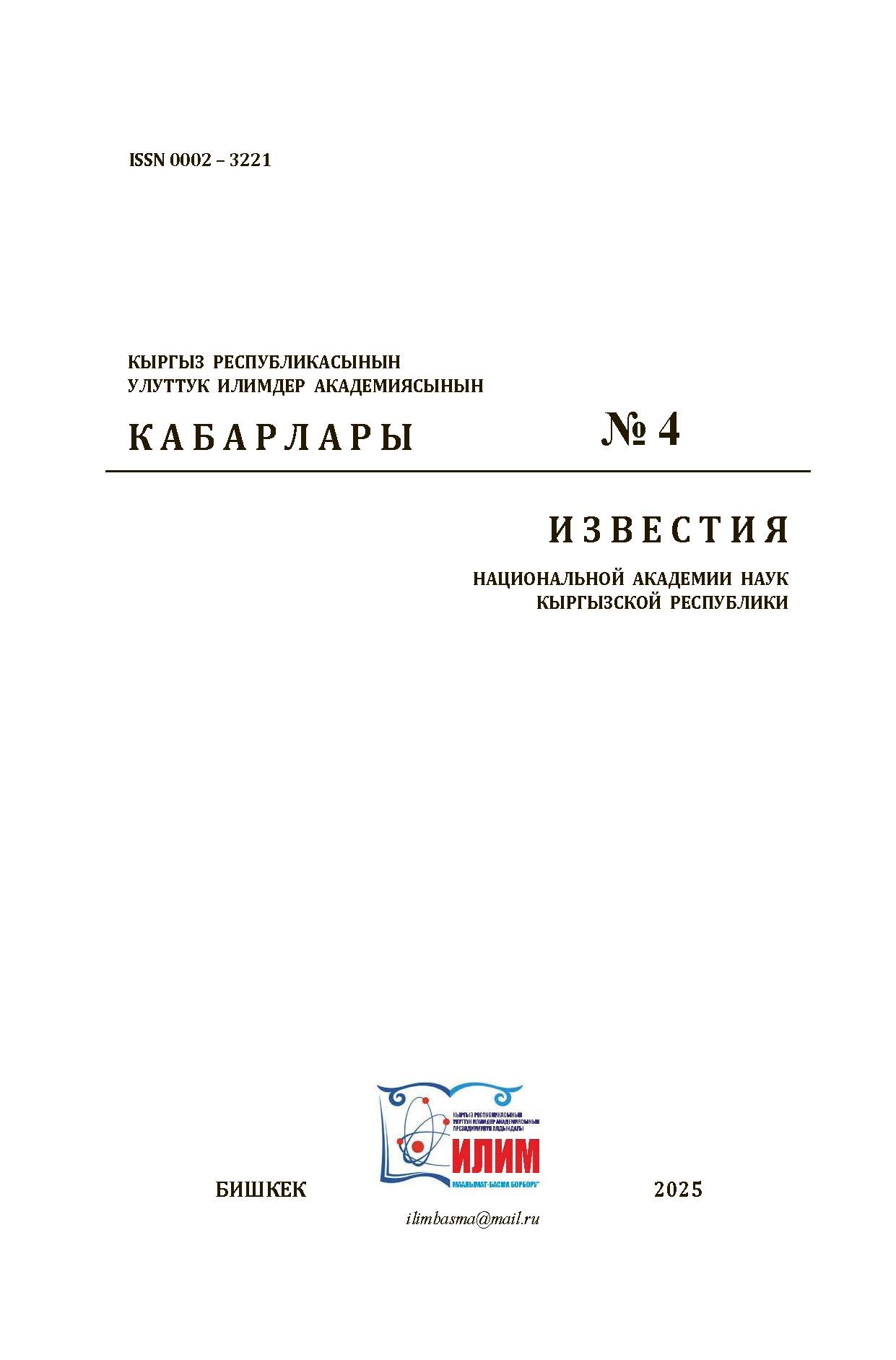ARTIFICIAL INTELLIGENCE AS A “BLACK BOX” OF REASON (A Historical-Philosophical and Epistemological Approach)
Keywords:
artificial intelligence, philosophy of mind, thinking, black machine, subjectivity, rationality, reduction, contradiction, metaphysics, paradigm, evolution.Abstract
This article explores the philosophical metaphor of the “black machine” in relation to artificial intelligence (AI) and its significance within the traditions of philosophical anthropology, epistemology, and the philosophy of mind. It examines the conceptual links between the mechanistic thinking of the Modern Age and contemporary notions of neural-network-based AI, which functions as an opaque yet efficient system. The paper argues for the necessity of rethinking fundamental philosophical concepts such as subjectivity, rationality, and explainability. Special attention is paid to the paradoxes that arise from human interaction with AI, which exhibits intellectual behavior without consciousness or self-understanding. The authors’ analysis shows that AI poses a challenge to classical epistemology, which assumes that knowledge must be meaningful, transparent, and capable of reflection. It is emphasized that the development of AI calls for a philosophical reassessment of the very notion of thinking: is knowledge possible without a subject, rationality without logic, responsibility without awareness? Ultimately, it is asserted that AI, as a “black machine,” constitutes not only a technological issue but also a deeply philosophical problem that questions the anthropocentric foundations of Western thought.
References
Яковлева Е. В., Исакова Н. В. Искусственный интеллект как современная философская проблема: аналитический обзор // Гуманитарные и социальные науки. 2021. №6. – С.30-35. DOI: 10.18522/2070-1403-2021-89-6-30-35
Алексеев А. Ю. Философия Искусственного интеллекта в России с начала века и по настоящее время // Науковедческие исследования. 2022. №1. URL: https://cyberleninka.ru/article/n/filosofiya-iskusstvennogo-intellekta-v-rossii-s-nachala-veka-po-nastoyaschee-vremya
Глуздов Д.В. Философско-антропологические основания взаимодействия искусственного и естественного интеллекта // Вестник Минского университета. 2022. №4 (41). URL: https://cyberleninka.ru/article/n/filosofsko-antropologicheskie-osnovaniya-vzaimodeystviya-iskusstvennogo-i-estestvennogo-intellekta (дата обращения: 28.04.2025).
Баррат Дж. Последнее изобретение человечества. Искусственный интеллект и конец эры Homo sapiens. М.: Альпина нон-фикшн, 2015. 330 с
Боргест Н.М. Стратегии интеллекта и его онтологии: попытка разобраться // Онтология проектирования. 2019. Т. 9. № 4 (34). С. 407–428.
Каку М. Будущее разума. М.: Альпина-нон-фикшн, 2015. 500 с.
Лешкевич Т.Г. Цифровые трансформации эпохи в проекции их воздействия на современного человека // Вестник ТГУ. 2019. № 439. С. 103–109.
Лешкевич Т.Г. Метафоры цифровой эры и Black Box Problem // Философия науки и техники. 2022. Т. 27. № 1. С. 34–48
Лещев С.В. Искусственно-интеллектуальная агентность в пространстве гуманитарного измерения // Современные проблемы гуманитарных и общественных наук – 2021 – с.65-68.
Чеклецов В.В. Диалоги гибридного мира // Философские проблемы информационных технологий и киберпространства. 2021. № 3 (19). С. 99–116.
Шнуренко И. Искусственный интеллект на грани нервного срыва // Эксперт. 2018–2019. № 1–3. С. 38–41.
Cycleback D. Philosophy of Artificial Intelligence: A Critique of the Mechanistic Theory of Mind. Florida: Universal-Publishers BocaRaton, 2009. 190 p.
Floridi L. A Proxy Culture // Philosophy and Technology. 2015. Vol. 28. No. 4. P. 487–490.Райков А.Н. Субъектность объяснимого искусственного интеллекта. Философские науки. 2022;65(1):72 90. https://doi.org/10.30727/0235-1188-2022-65-1-72-90

